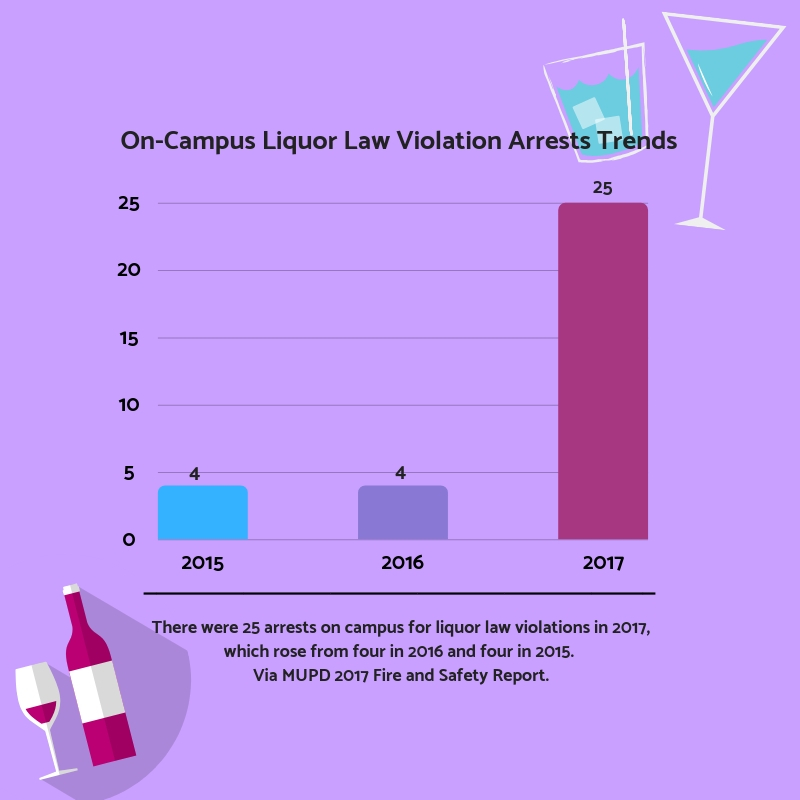Giving a face and voice to an emotionally jarring subject, Elin Stebbins Waldal spoke on campus last night about her experience as a domestic violence survivor and the role of the media in driving the narrative about rape and abuse.
“We have a big problem with dating violence in this country,” Waldal said.
Waldal, who was in an abusive relationship as a teenager and college student, spent part of her discussion talking about her personal experience and her own recovery, but focused the majority of her talk about rape culture, socialization of gender stereotypes in the media, and current efforts to change the conversation.
“We are in a dire need for a paradigm shift on how to prevent sexual assault,” Waldal said. She referred to the Steubenville case as well as Chris Brown and Rihanna as examples of how the media drives the conversation about domestic violence and abuse.
Waldal said that the “‘Twilight’ enterprise” inspired her to tell her story. She said that there were several parts of the multi-million dollar book-turned-movie enterprise that disturbed her. She said that the emphasis on the damsel in distress stereotype, as well as the normalization of both stalking and controlling behavior through Edward’s actions, were problematic for her.
“There’s a significant amount of glossing over of signs of abuse in the books,” she said.
Waldal’s presentation was part of the McGee Lecture Series, which focuses on addressing social justice issues. Becca Osmolski, a sophomore in the College of Arts & Sciences, was inspired after reading Waldal’s book “Tornado Warning” to help bring her to campus. “Tornado Warning” is Waldal’s biography and tells her experience from two perspectives: that of her teenage self experiencing the abuse and reflections on her ordeal from the future.
“I wanted to share how helpful she was to me,” Osmolski said.
“One of the reasons that Ms. Waldal’s story is so powerful is because it highlights that domestic violence can happen to anyone,” said Meghan Stroshine, an associate professor of Criminology and Law Studies who teaches a course on domestic violence.
Stroshine, who teaches Waldal’s book as part of her class, said the book helped students understand the complex dynamics and powerful emotions that are involved in abusive relationships. The topic of domestic or dating violence is significant for college students, given the statistics regarding its frequency. Nearly one in three (29 percent) college women say they have been in an abusive dating relationship, according to a 2011 College Dating Violence & Abuse Poll, which Stroshine cited. In addition, according to the same poll, girls and young women between the ages of 16 and 24 experience the highest rate of intimate partner violence, at almost triple the national average.
“We may be (far) more educated about domestic violence than we were years ago, but there is still a tendency for many young people to believe that domestic violence is something that can’t or won’t happen to them,” Stroshine said.
For Waldal, changing the societal story is extremely important. She cited several public service announcement campaigns such as “Love Is Not Abuse” and “No More,” saying that these are important ways of helping people.
“The book related well to my life,” Osmolski said. “It didn’t make me feel so isolated.”



